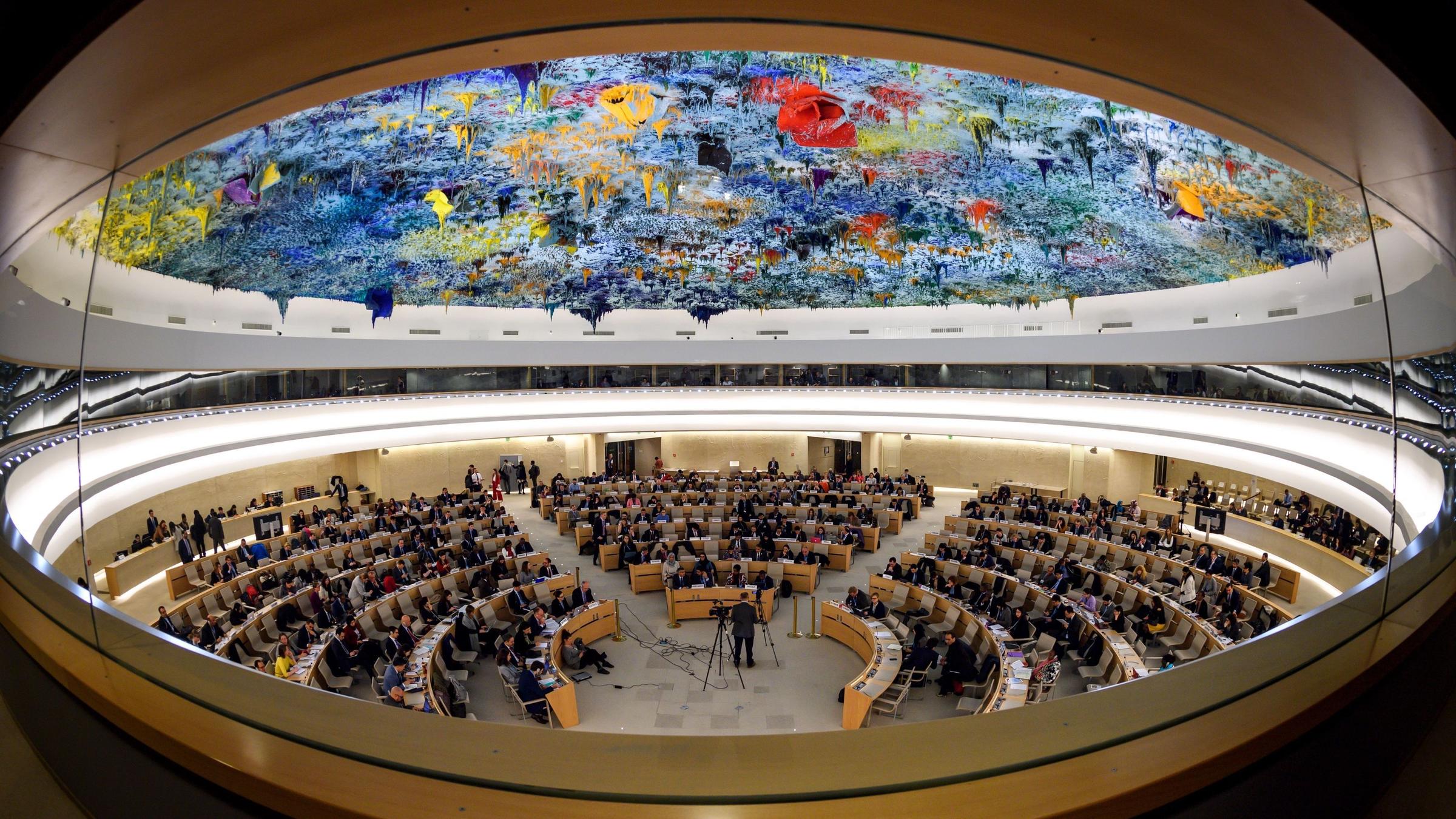KEY TAKEAWAYS
If the U.N. Human Rights Council (HRC) lived up to its values, it would be worthy of U.S. support and membership. But the HRC falls gravely short.
Rejoining the HRC before reforms are adopted will only demonstrate to other governments that they can gain the legitimacy of U.S. membership without reform.
The U.S. is justified in demanding reform, and must press member states to adopt reforms necessary for the HRC to live up to its mandate and earn U.S. support.
he relationship between the United States and the United Nations Human Rights Council (HRC) has swung dramatically. The Bush 43 Administration supported former Secretary-General Kofi Annan’s 2005 call to replace the discredited Commission on Human Rights, but opposed the resolution creating the HRC and refused to run for a seat—after the U.N. did not implement standards that the U.S. deemed vital to ensuring that the HRC did not replicate the weaknesses of the commission.
The Obama Administration reversed course and won a seat on the HRC in 2009 and pledged to reform the HRC from within, but failed to secure reforms to resolve the fundamental problems besetting the body. The Trump Administration left the HRC in 2018 after also failing to gain support for reforms to address anti-Israel bias and other failings. This decision was much criticized by human rights groups who have urged the U.S. to re-engage the HRC.
- Read full report, click here.









